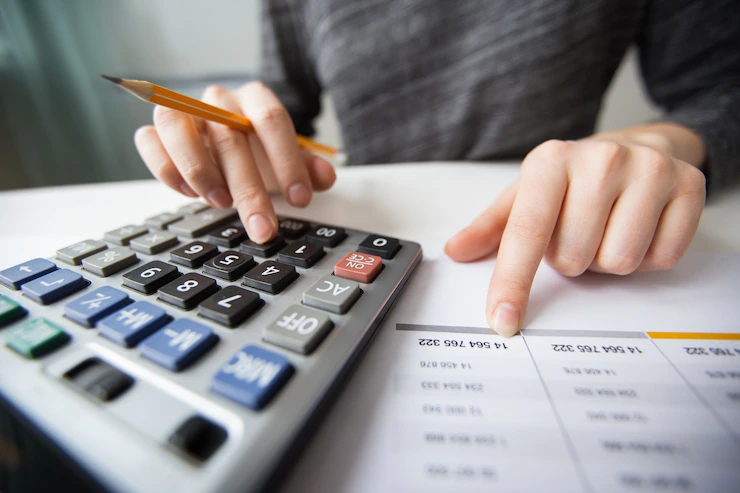What Is The Difference Between A Personal And Business Checking Account?
3 Mins Read
Published on: 19 May 2022
Last Updated on: 07 November 2024

toc impalement
If you own a business, how you record your expenses can mean the difference between financial disparity and profits. You must keep accounts for your personal and business checking accounts separate.
What you make as a business and pay your employees should be kept separate from the money you receive and pay for rent, your mortgage, car payments, or personal credit card accounts.
What Is a Business Checking Account?

To note the differences between a personal checking account and a business checking account, it’s helpful to define each type of account. The distinctions will help you manage your business better, and they will also help you maintain a more balanced budget at home.
»Business Checking Covers All Your Business Transactions
Your checking account for your business allows you to pay your employees and yourself, accept customer payments, and pay the costs related to your business. You’ll use the account for all business transactions.
»Use Your Social Security Number or EIN to Sign Up for Business Checking.
Usually, you’ll sign up for a business checking account using your social security number or employer identification number (EIN). An EIN is a tax identifier for businesses and is also used to remit payroll checks or pay business taxes.
Some business checking accounts are set up for a specific business entity, such as a limited liability company (LLC), corporation, or sole proprietorship. This is especially helpful in maintaining financial distance between your personal and business accounts.
Also, you can make wire transfers or take advantage of merchant services when setting up an account for business – both of which are highly different from paying personal bills related to renting, home utilities, unique entertainment, or shopping at the mall or grocery.
On the other hand, you’ll use your checking account for your consumer expenses, including paying personal bills and the receipt of income. You can use a debit card, online payments, or check-writing to pay for the transactions.
Related Resource: I Need A Business Account, What’s Next?
The Problem with Mingling Personal and Business Accounts

When you mingle business and personal checking, you make it challenging to create an audit trail for taxation and create problems when paying taxes.
Also, if you don’t separate the two accounts, you’re not splitting the accounts, so you know where you stand personally and professionally. When you take this approach, it defeats the whole purpose of having the two versions.
Moreover, if you don’t distinguish between the two accounts, you can easily miss out on certain tax deductions or unintentionally cause problems with liability. After all, how can you reliably record your business transactions if you don’t recognize the differences between personal income and what you bring in as a business?
Let’s pretend that you’ve applied for a loan. It will be hard to convince a lender to fund your business or personal checking account if you don’t use the reports for their intended purpose.
If you blur the financial lines in this respect, a lender will find it hard to help you receive the funding you need to cover a specific type of loan.
Keep Your Business, and Personal Accounts Separate to Improve Your Financial Picture
Keep the above information in mind as you review personal and business checking accounts online. Make sure you’re clear about each of these types of accounts, as doing so will help you increase your earnings and pay your bills more responsibly.
Read Also:


















Comments Are Closed For This Article